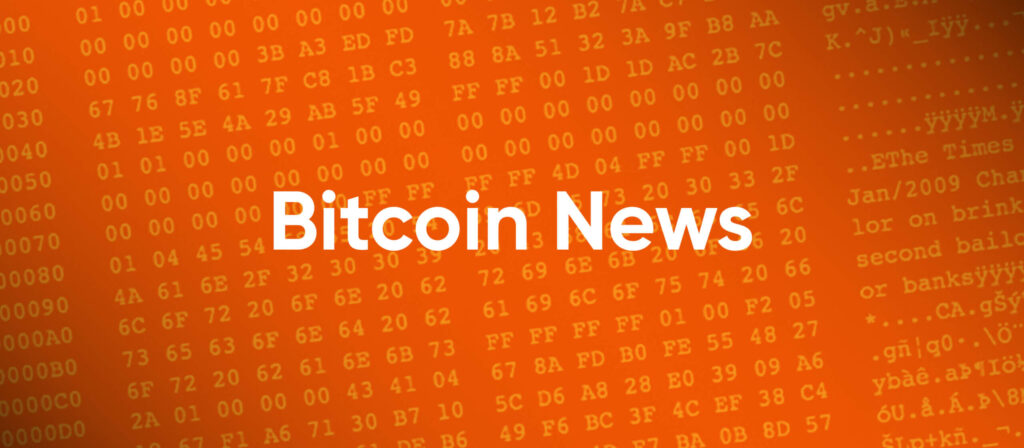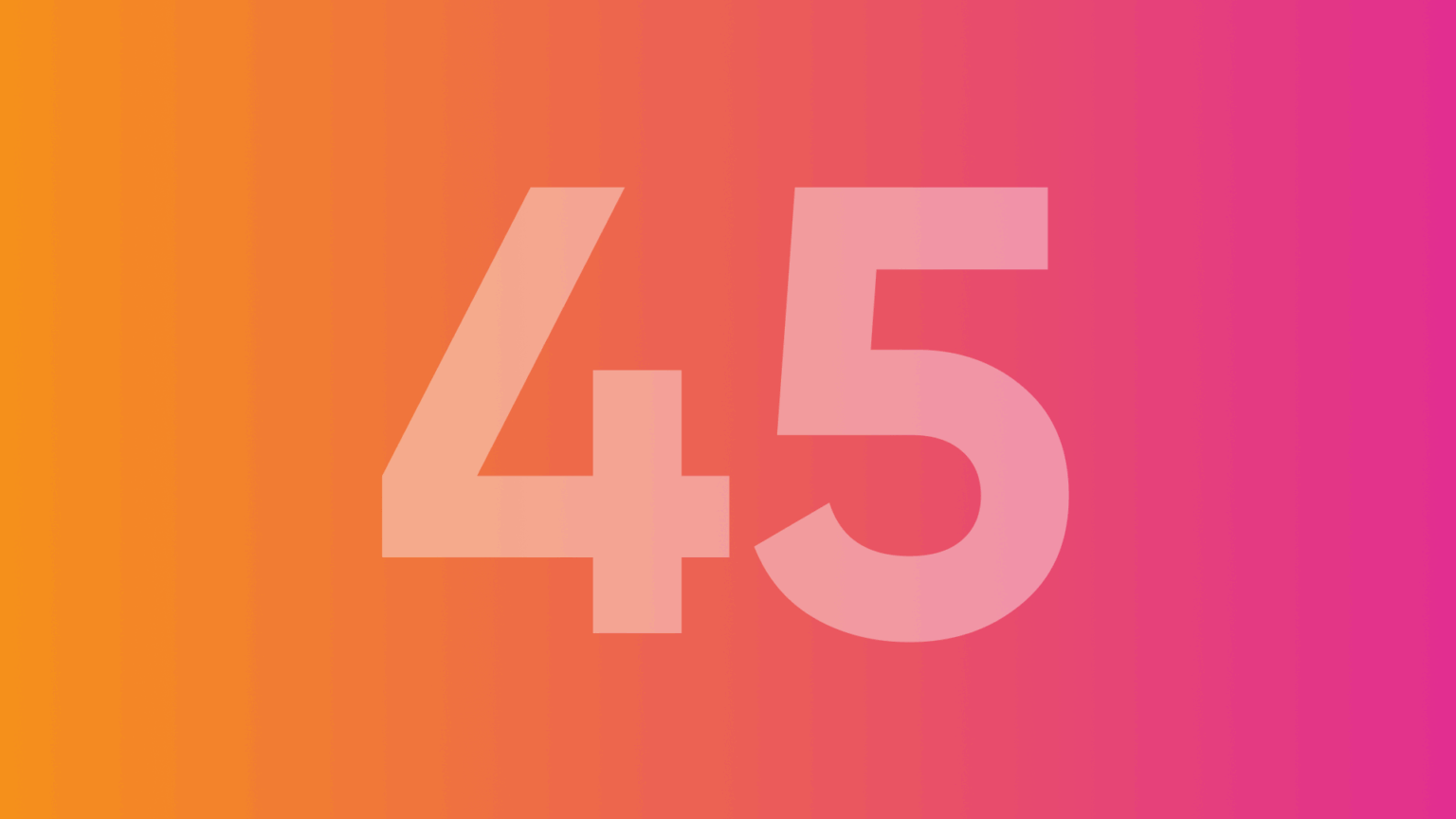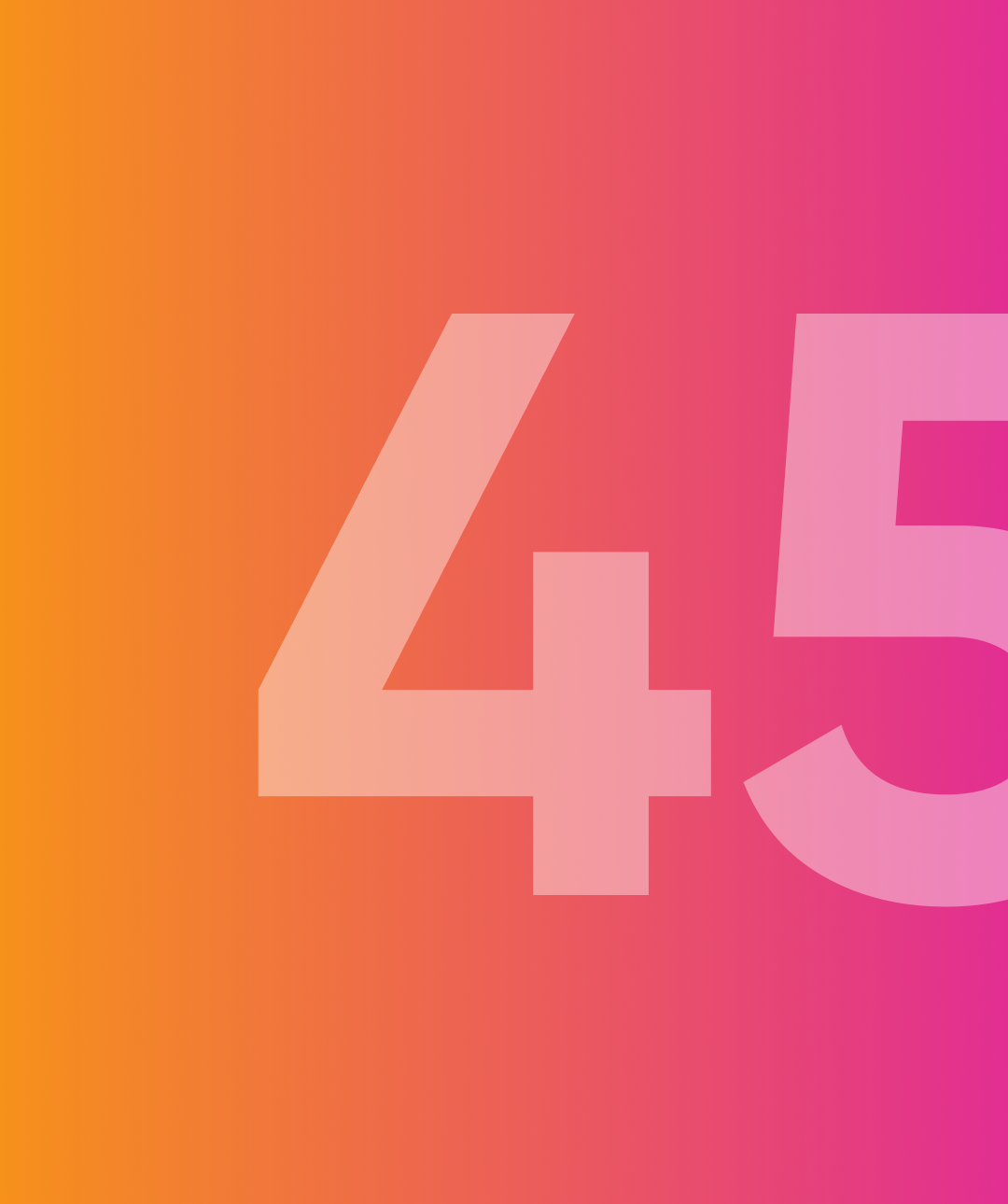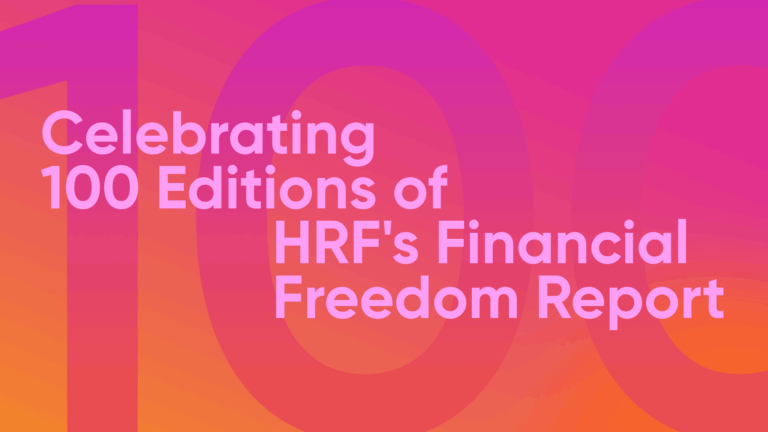The Financial Freedom Report is a newsletter focusing on how currency plays a key role in the civil liberties and human rights struggles of those living under authoritarian regimes. We also spotlight new tools and applications that can help individuals protect their financial freedom.
Good morning, readers!
In North Korea, citizens face a devalued currency and strict control over foreign currency as the regime tries to trap people in the collapsing North Korean won. In Mozambique, a regime that has been in power for a half-century is trying to extend its rule via vote-rigging while quietly stealing from the people through secretly issued government bonds. Meanwhile, in Jammu and Kashmir, the State Investigation Agency (SIA) is trying to blame crime and terror on Bitcoin. A currency beyond government control is terrifying to authoritarian regimes.
In other news, Coinbase, one of the world’s most popular platforms for buying and selling digital assets, now supports Taproot addresses, a Bitcoin upgrade that makes transactions more private, efficient, and cost-effective. At the same time, Phoenix, a self-custodial Lightning Wallet, transitioned to an open protocol for its Lightning Service Provider (LSP), replacing its closed-source system.
We end with the latest episode of the HRF x Pubkey Freedom Tech Series, featuring HRF content and research associate Zac Guignard interviewing philosophy professor Troy Cross. Together, they address the under-discussed nexus between Bitcoin mining and human rights.
Now, let’s dive right in!

North Korea | Won Currency Plummets as Authorities Tighten Exchange Controls
Since early 2024, the North Korean regime has devalued the won currency, with the exchange rate doubling from 8,500 won to 17,200 won per dollar. Meanwhile, the Ministry of Social Truth, a secret police agency, is cracking down by threatening to confiscate citizens’ foreign currency. It is also sentencing currency exchangers to two years of “reeducation”(a punishment that usually takes place in a gulag). Kim Jong-un’s tight control over the use of foreign currency has also affected remittances sent by North Korean defectors in South Korea and Japan to their families in North Korea. Previously, these remittances were delivered in foreign currency, like US dollars or Chinese Yuan, but now they are delivered in the collapsing North Korean won.
Cuba | New Censorship Law Approved Under the Guise of Reform
Cuban authorities recently passed a communication law that, for the first time in 60 years, allows advertising for non-state firms and introduces new regulations. Though presented as reform, this law is in reality a tool for greater censorship. The government tightly controls all advertising, and citizens can now be fined or prosecuted for social media posts deemed as “subverting the constitutional order.” As Cubans struggle with economic collapse — marked by a profoundly devalued currency, power outages, and shortages of basic goods — this new law adds another layer of repression. Citizens, trapped in financial repression, now must endure even tighter control over their speech and public discourse.
Pakistan | Protesters Rally for Imran Khan’s Release Amid Internet Shutdowns
Pakistani citizens are rallying and protesting for the release of former Prime Minister Imran Khan, who was imprisoned in 2022 after a clash with the military. Protests come as Pakistan faces record inflation and the highest cost of living in Asia. The government, buried in debt, repeatedly and undemocratically turns to IMF bailouts, which only deepen the financial strain on the economy (and ultimately its people). To suppress dissent, the regime cut off Internet access, blocked roads, and used teargas on protesters. Cut off from communication and limited by growing restrictions, citizens find themselves cornered — facing not only economic hardship but also the relentless grip of a regime that refuses to hear their voices.
Mozambique | Elections to Extend Party’s Half-Century Rule
Last week, Mozambicans voted in an election that is likely to extend the political party Frelimo’s 50-year grip on power. Frelimo has ruled Mozambique since the country gained independence from Portugal in 1975, but the party faces ongoing accusations of election rigging. Under Frelimo’s rule, Mozambicans have struggled with inflation, crippling debt, and widespread corruption. A key moment came with the “tuna bonds” scandal a decade ago, when the government secretly took on $2 billion in loans, plunging the country into a financial crisis. As votes are counted, many fear Frelimo will resist any political shift, continuing the long-standing financial repression that keeps the party in power while citizens endure a crumbling economy.
Jammu and Kashmir | Military Blames Bitcoin for Terror and Crime
According to reports by the State Investigation Agency (SIA) of Jammu and Kashmir, Bitcoin and other cryptocurrencies are being used to finance crime and terror. Citizens living in this region face severe repression and military occupation, with authorities trying to exert microcontrol over their lives. As such, individuals have turned to alternatives to connect to the world, like encrypted messaging and Bitcoin. Predictably, the military propaganda machine is now trying to scare citizens away from using these escape routes.

Coinbase | Implements Taproot Addresses
Coinbase, a leading platform for buying and selling cryptocurrencies in more than 100 countries, now allows users to send bitcoin to Taproot addresses. Taproot is an upgrade to Bitcoin introduced in 2021 that makes transactions more private, efficient, and cost-effective. One of its key features is combining several signatures into one while still allowing anyone to verify each individual signature within the group. This reduces transaction fees and makes it harder to identify multi-signature transactions from single-signature transactions. For Coinbase users, this means improved privacy, lower fees, and the ability to send bitcoin to a wider range of addresses. It’s worth noting that not all Bitcoin wallets support Taproot addresses, so be sure the recipient’s wallet is compatible before sending.
Phoenix | Transitions to New Open Protocol for Lightning Service Provider
Phoenix, a self-custodial Lightning wallet, transitioned its Lightning Service Provider (LSP) to a new open protocol, replacing its closed-source system. LSPs help users manage payment channels and provide liquidity, making sending and receiving payments on the Lightning Network easier without dealing with technical details (you can learn more about LSPs here). The new open protocol includes the latest Lightning Network features like dual funding, splicing, and liquidity ads.
•Dual funding allows two separate parties to add funds to a payment channel.
•Splicing lets users add or remove funds from a payment channel without closing it.
•Liquidity ads let users offer liquidity for payment channels.
The protocol also extends the expiration of BOLT 12 invoices to 24 hours, making payments more reliable for users. By adopting an open LSP, Phoenix helps set an example for other Lightning wallets and encourages wider use of the Lightning Network.
Vexl | New KYC-Free Bitcoin Peer-to-Peer Trading App
In this profile piece for Bitcoin Magazine, Frank Corva interviews Lea Petrášová on Vexl, a Bitcoin peer-to-peer trading app designed to solve the problem of “how to buy or sell Bitcoin without KYC, outrageous fees, or significant security and safety risks.” Vexl is an open-source mobile app that lets people trade Bitcoin directly with each other without needing to provide extensive personal information (i.e., Know Your Customer requirements), which can be a burden for human rights defenders. It connects buyers and sellers through their phone contacts and contacts of their friends, enabling secure, fee-free transactions without any middlemen. With its strong focus on privacy, Vexl could be a valuable tool for activists and individuals in countries ruled by authoritarian regimes, where banks restrict and monitor legitimate financial activity. You can learn more about Vexl and its co-founder and CEO, Lea Petrášová, here.
Boardwalk Cash | Adds Support for Bitcoin, Lightning, and Ecash
Boardwalk Cash is a Bitcoin ecash wallet built on the Lightning Network and Cashu protocol. Its most recent update adds support for sending and receiving Bitcoin using any wallet that supports Nostr Wallet Connect (NWC), which helps apps interact with Bitcoin Lightning wallets. This update makes it even easier for beginners to use Bitcoin in a private and user-friendly way. It introduced features such as profiles, contacts, and eTips. With eTips, a simple link with a Bitcoin address attached, activists receive payments instantly. They can also share their eTip link on social media to receive anonymous donations. While Boardwalk holds potential, users must trust the entities (mints) that manage ecash. Also, since the app is in beta, it’s best to use it with test funds. You can try it here.
2140 Foundation | Launches New Open-Source Developer Program
A new Amsterdam-based nonprofit, 2140, supports open-source Bitcoin research and development. The foundation was founded by Bitcoin developers Josie Baker and Ruben Somsen and received an initial grant from the digital asset exchange OKX as well as support from OpenSats and HRF. According to OKX, “This funding will support the foundation’s multi-year effort to foster long-term security, resilience, and maintainability of the Bitcoin network through sustained development, innovation, and collaboration among developers and contributors.” The foundation is also launching a fellowship program to offer mentorship and hands-on experience for aspiring full-time contributors (more details soon). If you’re an open-source Bitcoin contributor interested in working with 2140, you can email [email protected].
bitcoin++ | Bitcoin Developer Conference Focused on Forefront of Ecash
Last week, Bitcoin developers and enthusiasts gathered in Berlin, Germany, for the ecash edition of the bitcoin++ developer conference. Ecash is a privacy-focused digital money system that allows instant, low-cost transactions, typically through protocols using custodial or federated setups. HRF’s Financial Freedom team attended and learned about the latest ecash developments and how it can improve areas like Bitcoin mining payouts, Nostr payments, micropayments, and transaction privacy. Events like bitcoin++ push the limits of Bitcoin’s private and scalable payment solutions by encouraging collaboration and introducing more people to ecash. If you’re interested, you can view the talks and workshops here.
Vinteum | Announces Upcoming SatsHack Event
Vinteum, a nonprofit supporting Bitcoin developers in Brazil and wider South America and an HRF grantee, is hosting its second SatsHack event. This hackathon, running from October through early November, invites developers, designers, and creators to build innovative solutions using Bitcoin and the Lightning Network. The event focuses on addressing regional challenges like financial inclusion, inflation, and government repression by developing practical tools. Vinteum hopes that this hackathon will foster collaboration and accelerate the growth of open-source technologies to promote financial freedom throughout Latin America.
Recommended Content
How Bitcoin CoinJoins Help Facilitate Pro-Democracy Protests by Bradley Rettler
In a Forbes article, Bradley Rettler, an associate professor of philosophy at the University of Wyoming, explains how CoinJoins — a privacy technique for Bitcoin — can support pro-democracy protests. He notes that activists in countries like Nigeria and Russia use Bitcoin to fight financial repression. CoinJoins helps by hiding the origins of transactions, allowing activists to fund protests without fear of surveillance by oppressive governments. Read this article to learn how tools like CoinJoins are crucial for protecting activists worldwide.
HRF x Pubkey — Powering Freedom: How Bitcoin Mining Can Advance Human Rights with Troy Cross
In the latest HRF x Pubkey Freedom Tech Series, HRF’s content and research associate, Zac Guignard, interviews philosophy professor, Troy Cross, on how Bitcoin mining can support financial freedom and human rights. Cross also addresses misconceptions about Bitcoin’s environmental impact, explaining how mining can drive positive social and economic change. If you’re concerned about Bitcoin mining, this episode offers valuable insights.
Webinar Series: How to Use Bitcoin for NGOs
HRF will host a three-day long webinar designed specifically to teach human rights defenders and nonprofit organizations how to integrate Bitcoin into their work to challenge state censorship and confiscation. From Nov. 4-6, 10:30 EDT to 12:00 EDT daily, participants will learn what Bitcoin is, how it counters financial repression, how to make payments, and how to maintain financial privacy under surveillant regimes. If you’re an activist or a nonprofit organization, we invite you to apply here.
– If this email was forwarded to you and you enjoyed reading it, please consider subscribing to the Financial Freedom Report here.
– Support the newsletter by donating bitcoin to HRF’s Financial Freedom program via BTCPay.
Want to contribute to the newsletter? Submit tips, stories, news, and ideas by [email protected].
The Bitcoin Development Fund (BDF) is accepting grant proposals on an ongoing basis. The Bitcoin Development Fund is looking to support Bitcoin developers, community builders, and educators. Submit proposals here.








